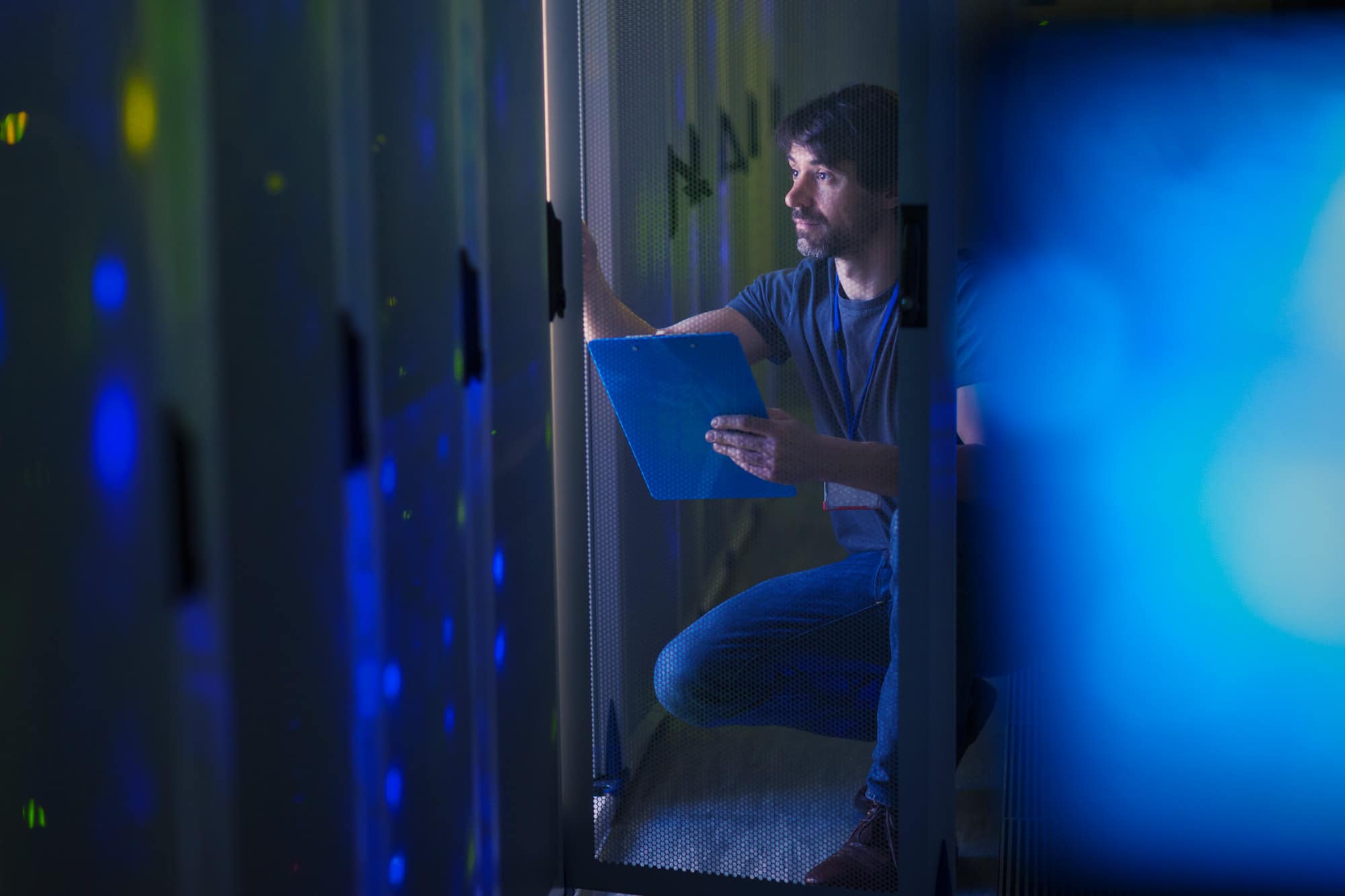Phoronix: Western Digital Has Been Developing A New Linux File-System: Zonefs
Western Digital has been contributing a lot more to the Linux kernel in recent years from RISC-V architecture bits to storage enhancements. The most recent code they have been working on in recent weeks is a brand new Linux file-system...
Western Digital has been contributing a lot more to the Linux kernel in recent years from RISC-V architecture bits to storage enhancements. The most recent code they have been working on in recent weeks is a brand new Linux file-system...


Comment